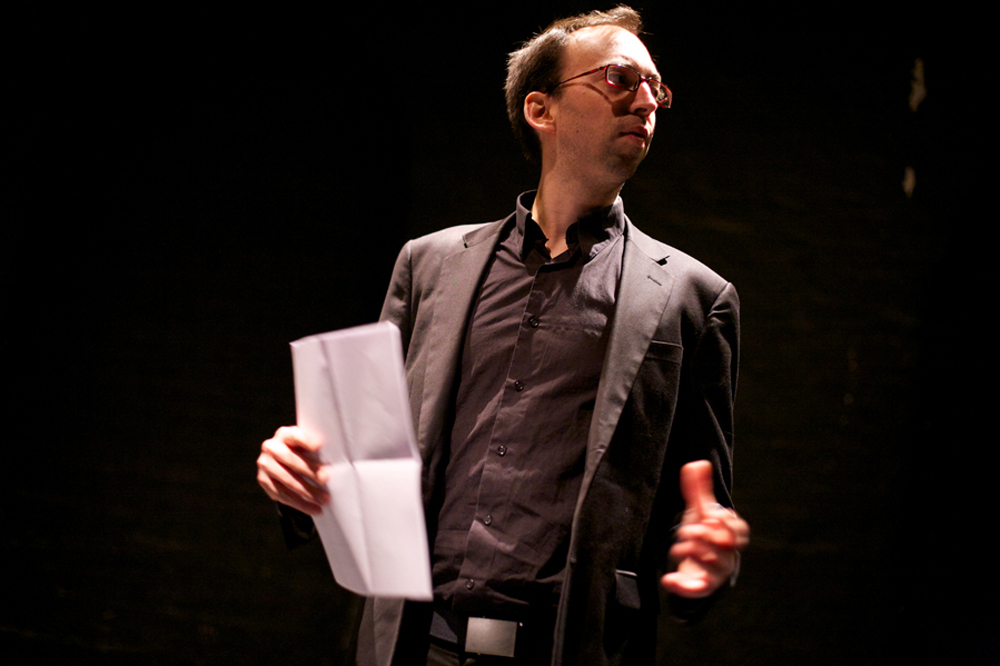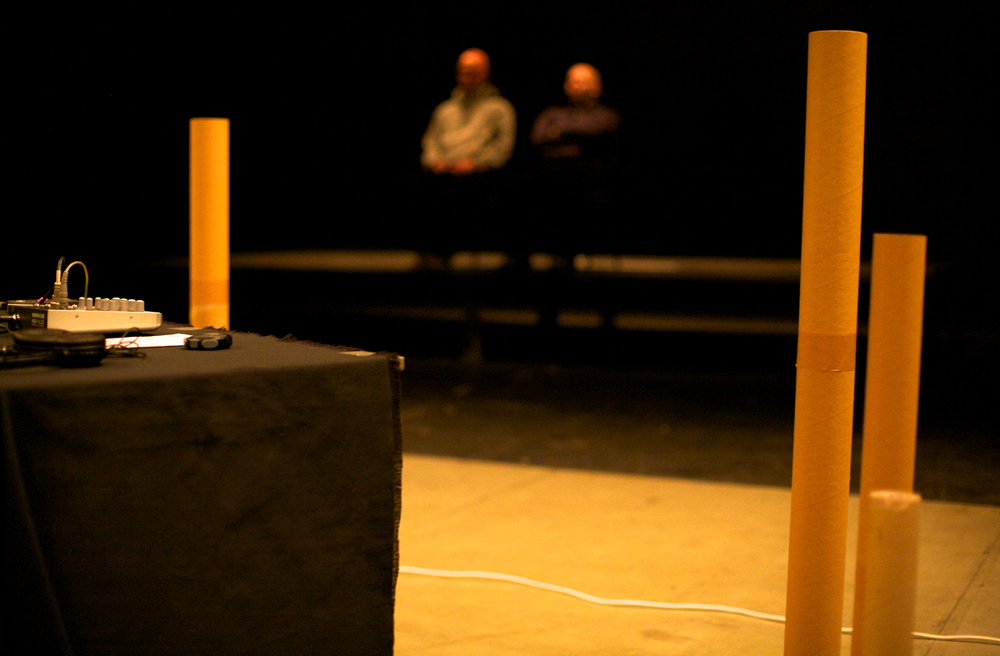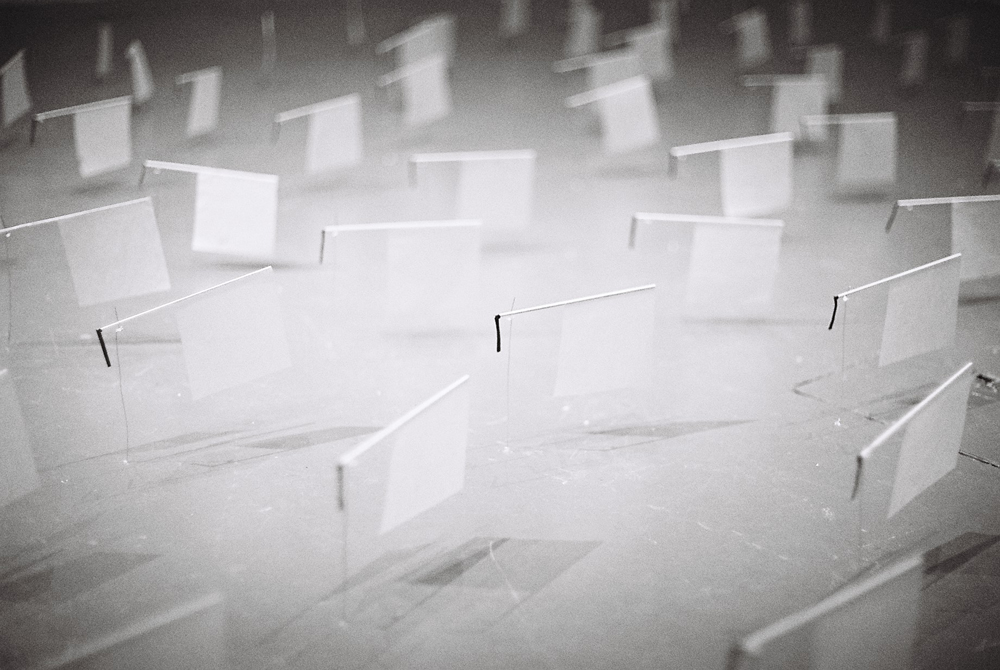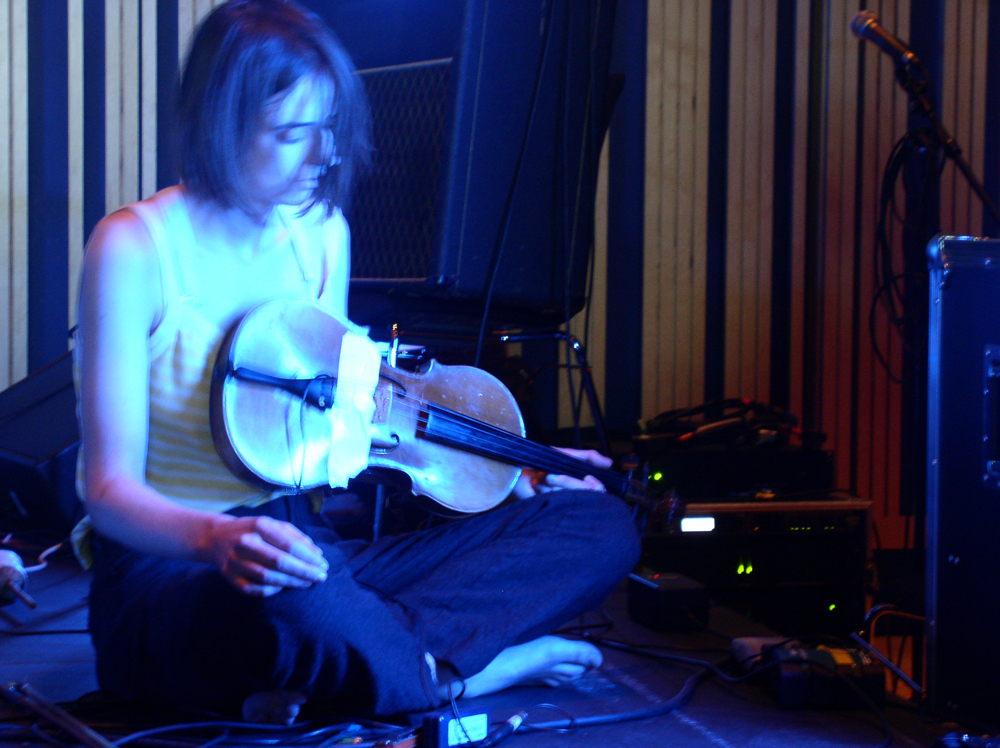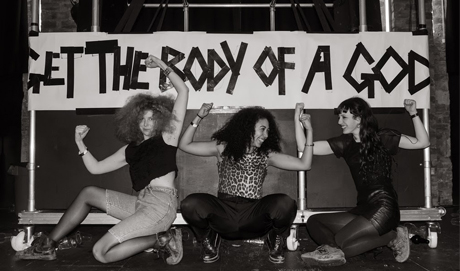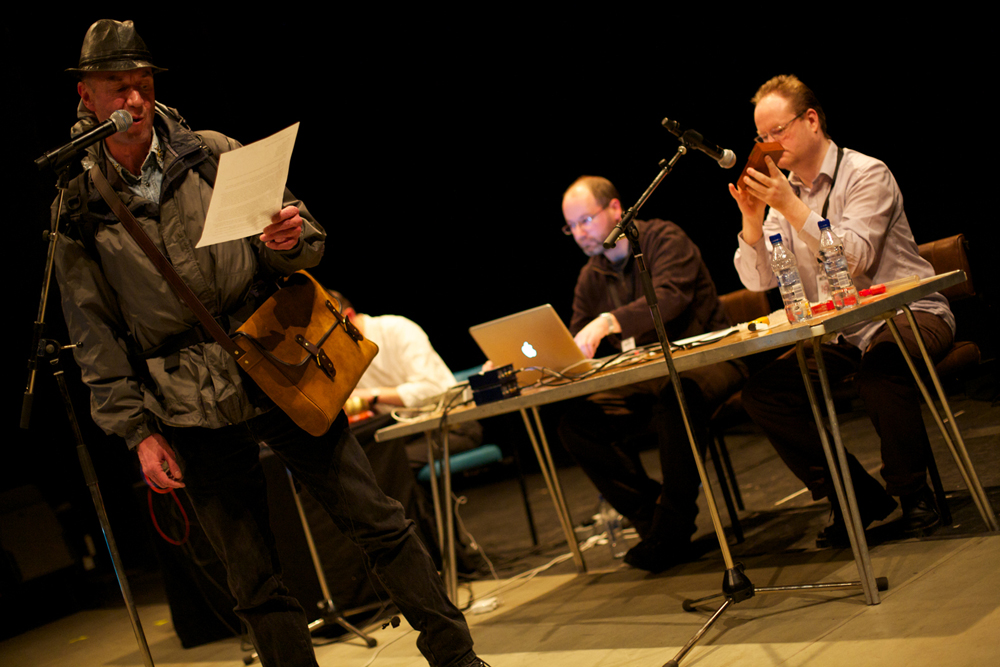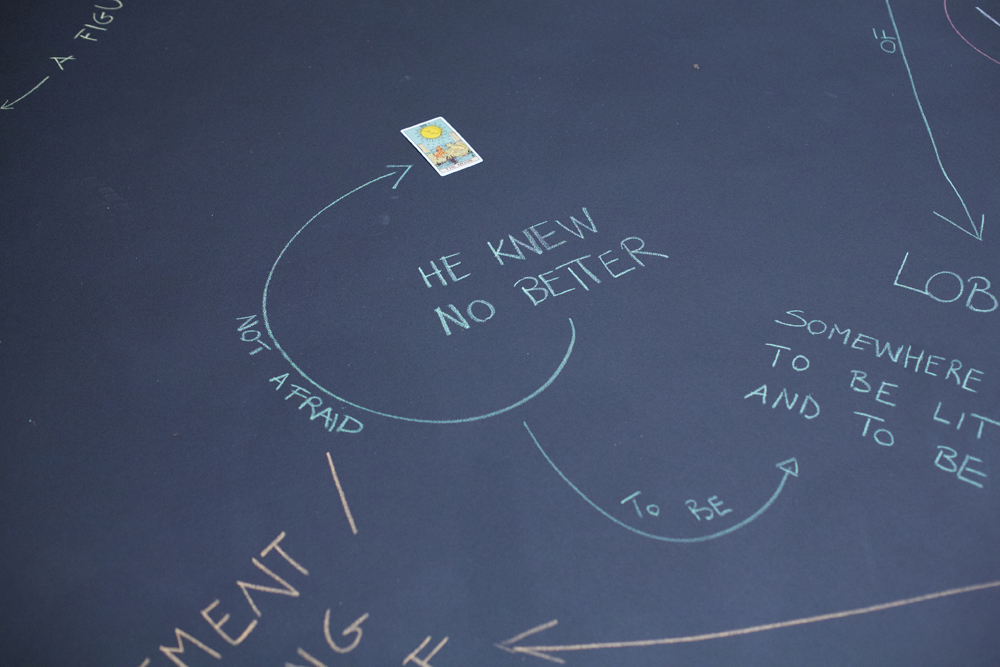
Poethical Readings/Intuiting the Political
Denise Ferreira da Silva Valentina Desideri
A performed, open, public conversation about how we might think politics from the position of intuition, in which Denise and Valentina use un-reasonable tools to map out a hybrid poetical/ ethical reading of their own situations.



